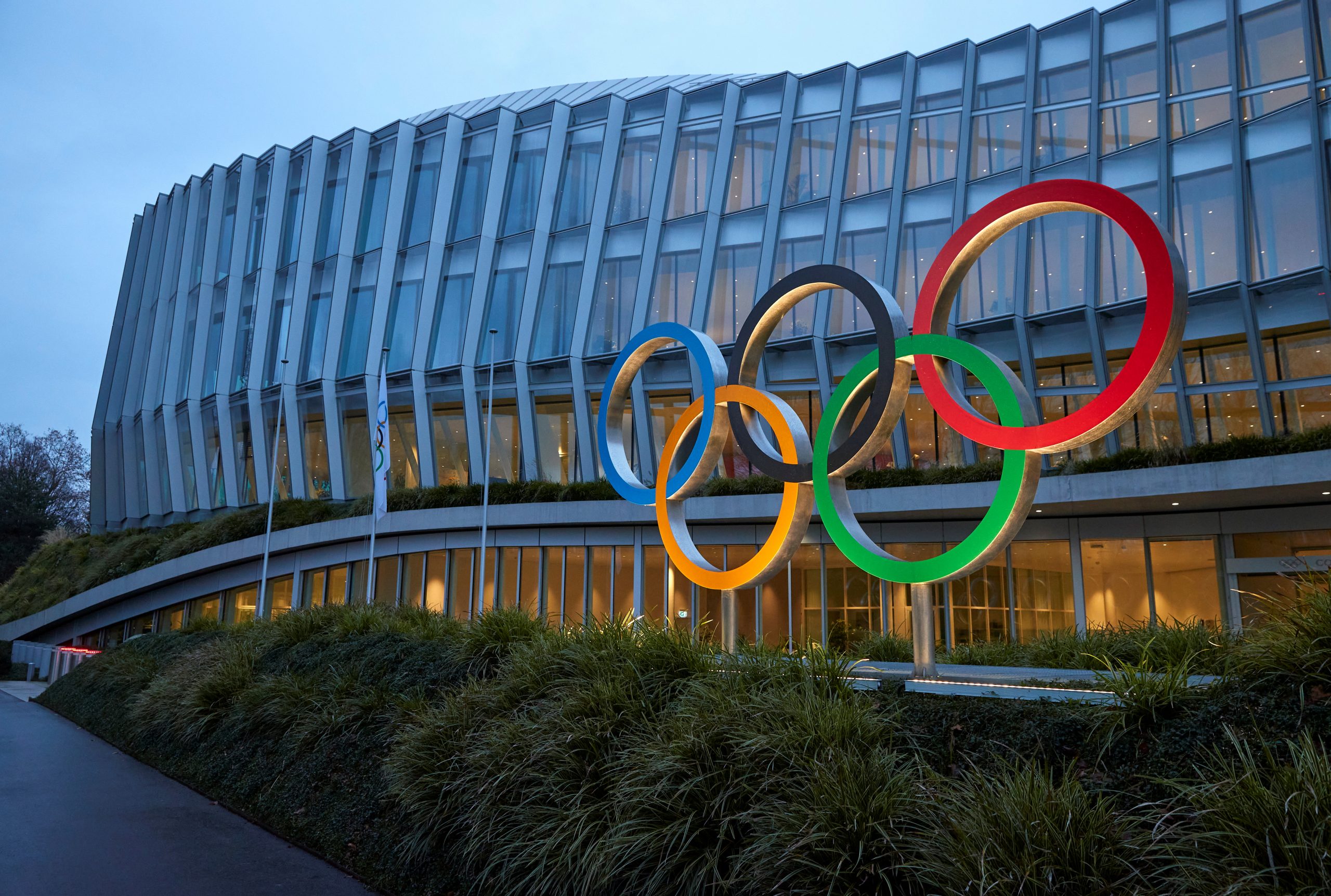This year’s Olympics will likely come with a record number of waving fists and other such gestures now that International Olympic Committee has relaxed its rules on protests.
Traditionally, the Olympics banned all forms of political protest during the competition, even though Olympic history has been dotted with them ever since the 1968 protests of Americans Tommie Smith and John Carlos at the Mexico City Games.
The U.S. Olympic committee has wandered away from that standard, and allowed protests during any and all ceremonies. Thus, the well-publicized antics of hammer thrower Gwen Berry at the June 26 Olympic trials in Eugene, Oregon, were just peachy under American rules.
Under pressure from athletes who wanted to make the upcoming Tokyo Games a political stage, the IOC revised its policy.
The IOC has finally relented to let Olympic athletes make gestures of protest in their field of play at the Tokyo Games.
by @gdunbarap
https://t.co/gktT0B99SA— AP Sports (@AP_Sports) July 2, 2021
According to the revised rules, restrained antics will be permitted “[o]n the field of play prior to the start of the competition (i.e. after leaving the ‘call room’ (or similar area) or during the introduction of the individual athlete or team) .”
Oh there is a list of all the things a gesture cannot be.
For example, any political statement must be “consistent with the Fundamental Principles of Olympism; not targeted, directly or indirectly, against people, countries, organizations and/or their dignity; not disruptive.”
The new rules state that the old rules against using medals ceremonies as a backdrop for political posturing is still in force, and that protesting at opening and closing ceremonies is also banned.
Further, the rules state that while those so inclined can wag a black-gloved fist or kneel in the dirt as they should desire prior to a competition, once the event begins, politics should be set aside.
“The new guidelines are a result of our extensive consultation with the global athletes’ community,” said IOC Athletes Committee Chair Kirsty Coventry.
“While the guidelines offer new opportunities for athletes to express themselves prior to the competition, they preserve the competitions on the Field of Play, the ceremonies, the victory ceremonies and the Olympic Village. This was the wish of a big majority of athletes in our global consultation.”
Rules regarding protests have been melting away.
For example, when Berry raised a fist at the 2019 Pan Am Games, the U.S. Olympic and Paralympic Committee put her on probation, according to USA Today.
But amid the George Floyd protests, Committee CEO Sarah Hirshland then begged forgiveness for enforcing the rules.
“It is clear now that this organization should have supported instead of condemned, and advocated for understanding instead of relying on previous precedent,” Hirshland wrote at the time.
In April, the IOC said after surveying about 3,500 athletes around the world, 70 percent believed it was “not appropriate to demonstrate or express their views” at events or the opening and closing ceremonies.
Also, 67 percent of athletes disapproved of medal ceremony protests, according to The New York Times.
This article appeared originally on The Western Journal.

























 Continue with Google
Continue with Google